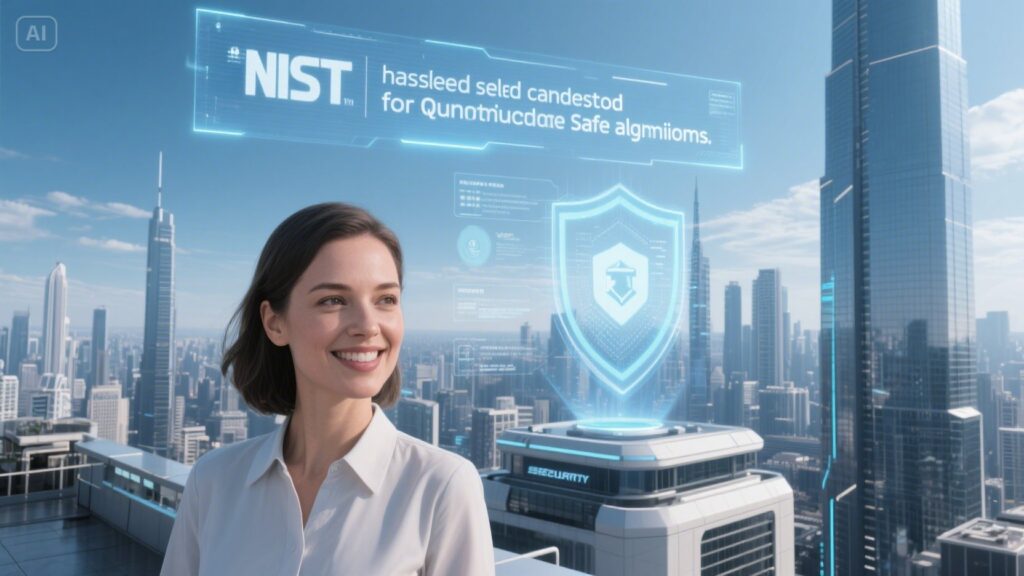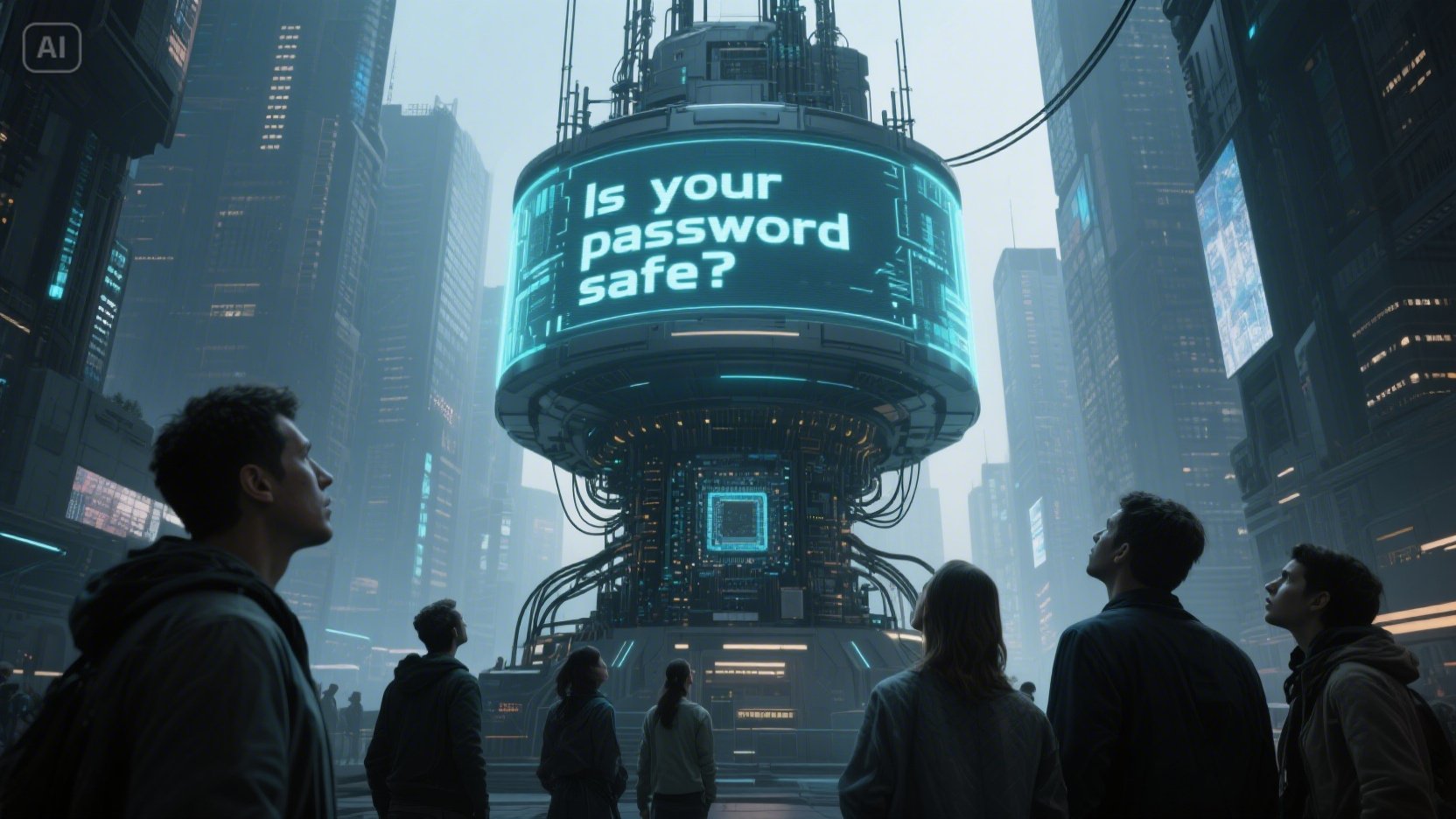What If Encryption Could Be Broken?
Smartphone locks, online banking, email, corporate servers, cloud storage—
we live surrounded by passwords and encryption technologies every day.
But one day, a single line in the news shakes everything:
“Quantum computer cracks 99% of existing encryption in seconds.”
It might sound outrageous.
But it’s more than a possibility.
That’s because most of today’s encryption methods are exactly the kind that quantum computers are best at breaking.
Current Security Relies on “Hard-to-Solve Problems”
Most encryption today relies on mathematically difficult problems, like factoring large prime numbers.
RSA, public-key encryption, and similar methods were considered safe because even supercomputers would take years or decades to solve them.
But quantum computers are different.
Using a special technique called Shor’s Algorithm,
they can solve problems in minutes that would take classical computers decades.
How Much of Your Digital Life Could Be Exposed?
If a quantum computer with enough stable qubits becomes operational, it could theoretically break:
– Your banking login passwords
– The private keys to blockchain wallets
– Encrypted access to military classified files
And this breach could happen all at once.
For instance, if a blockchain wallet is hacked via quantum computing,
it could mean that even “all past transaction records” could be altered or forged.

How Can We Prepare for Security in the Quantum Era?
This is why the world is preparing for what’s called “Post-Quantum Cryptography.”
This technology uses encryption methods designed to be secure even against quantum computers.
The U.S. National Institute of Standards and Technology (NIST) is already finalizing candidate algorithms for quantum-safe encryption.
Expected trends in cybersecurity:
- Banks and government institutions will transition to quantum-resistant encryption systems in the next few years
- Private companies need to prepare to protect customer data
- Even individual users should choose services that support “quantum-safe encryption”
So, What Can We Do Now?
Quantum computers aren’t fully commercialized yet.
But here’s what we can do in the meantime:
- Use multi-layer security like two-factor authentication and biometrics
- Avoid reusing passwords and change them regularly
- Check whether your service providers (banks, cloud storage, etc.) support quantum-resistant encryption
Most importantly,
don’t approach it with the mindset of “It’s fine for now,”
but rather “Things could change very soon.”
In Summary – Security Is Not a Fortress, but a Shield That Must Be Reinforced Constantly
Quantum computing is both an opportunity and a challenge for us to get smarter.
As technology evolves, so do the threats.
That’s why the key is not fear—but understanding and preparation.
And that future is closer than you might think.
🔗 Quantum Computer Series, More Fun When Viewed in Order
- Detecting Illness Inside My Body in Just 1 Second? The World Built by Quantum Computers – Part 1
- How Do Quantum Computers Actually Work? The World Built by Quantum Computers – Part 2
- Is Your Password Really Safe? The World Built by Quantum Computers – Part 3
- What If Emotions Could Be Shared in Real Time? The World Built by Quantum Computers – Part 4
- Who Will Design the Future of Art, Materials, and Investment? The World Built by Quantum Computers – Part 5
